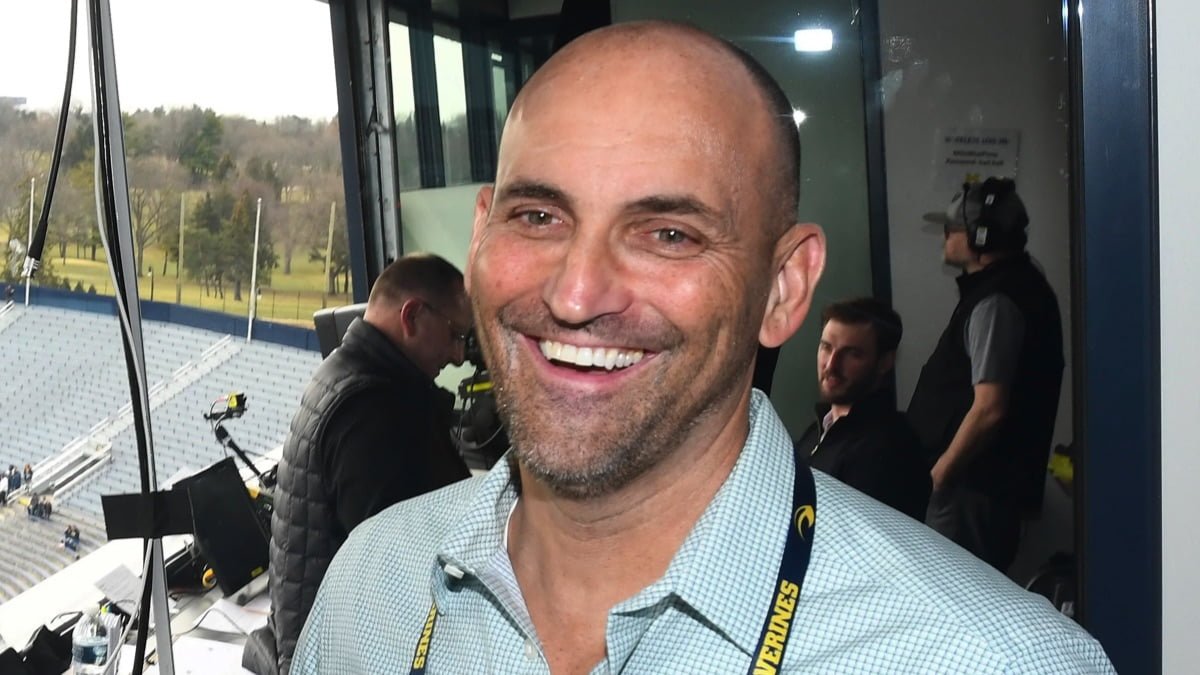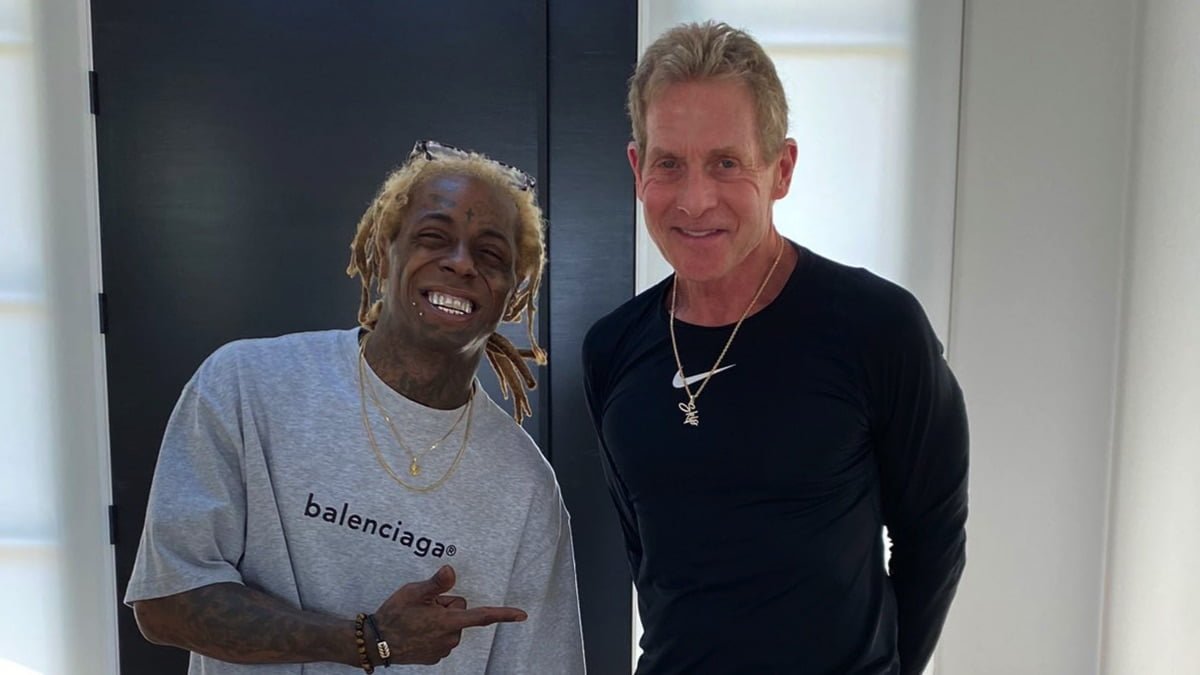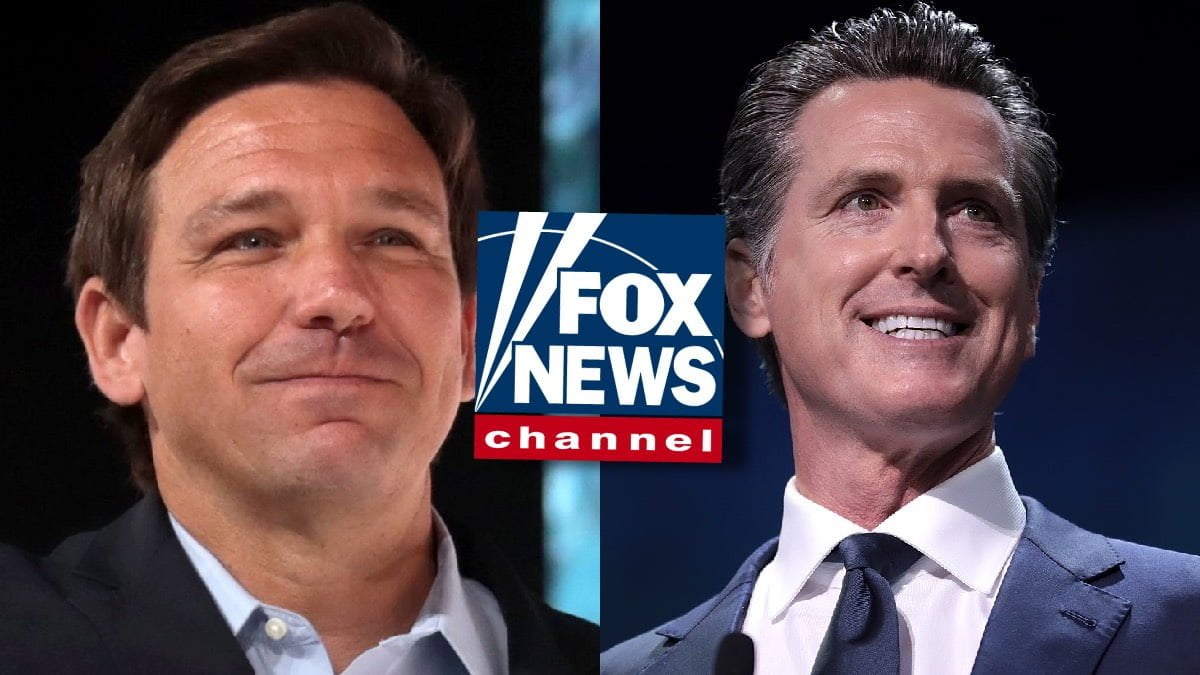Speculation continues to swirl regarding the future of the Pac-12 as the conference continues to forge ahead without a TV rights package.
On 97.1 The Ticket in Detroit on Thursday, Karsch and Anderson host Doug Karsch said it was interesting how given ESPN’s cost-cutting measures, the Pac-12 has been the odd man out.
“The Worldwide Leader no longer has like an oil tanker full of excess cash to be out there bidding on conference broadcast rights,” Karsch said. “So suddenly a power five conference that doesn’t have a TV deal – one of the major players – is likely not bidding on that conference’s TV rights.”
Karsch went on to point out that he feels like there is a connection between the network shedding salaries and its unwillingness to secure Pac-12 rights.
“I don’t think they’re uncorrelated,” he said. “There’s no bidding war between ESPN and FOX for Pac-12 TV rights. In fact, FOX, CBS, NBC, they’re now all in with the Big Ten, ESPN is affiliated with the Southeastern Conference. And the two conferences that are left with terrible TV deals, the Pac-12 and the ACC, seem to be vulnerable.”
“The TV networks don’t want to pay more right now,” he added.
Rumblings abound now that Washington and Oregon are being eyed by the Big Ten should the Pac-12 go under. But the Big Ten would like its media partners to fork over more money in rights fees should the conference take on more member schools. Karsch said it’s a major roadblock in how everything plays out.
“If they don’t want to pay more, adding Washington and Oregon only takes the same pie and makes two more pieces,” he said. “If the TV networks don’t want to pay for them, and the evidence is kind of there that that’s the fact, because their TV rights are available now as part of the Pac-12 pact. So the Big Ten if they add them, it doesn’t make everybody’s slice of the pie bigger at least initially. It makes everybody’s slice of the pie smaller if the networks aren’t going to pay for them.”








